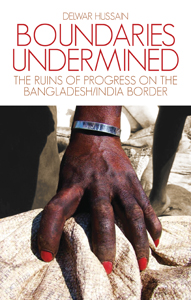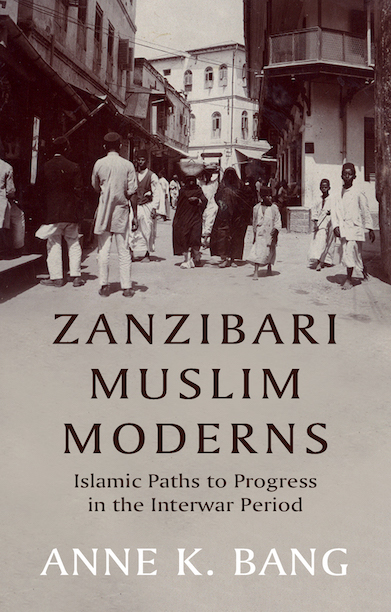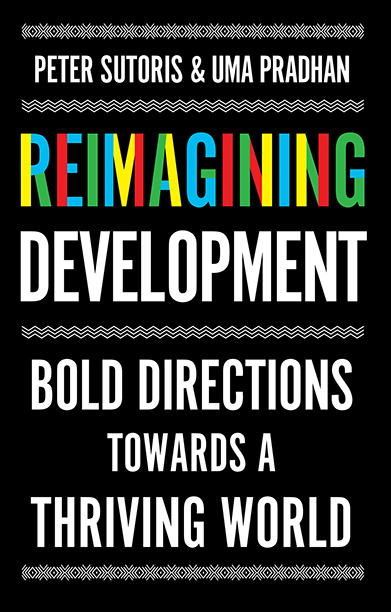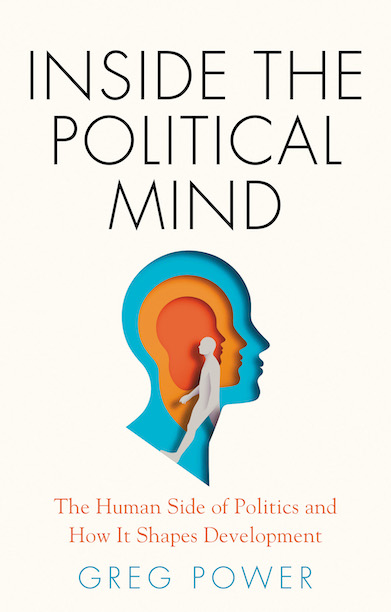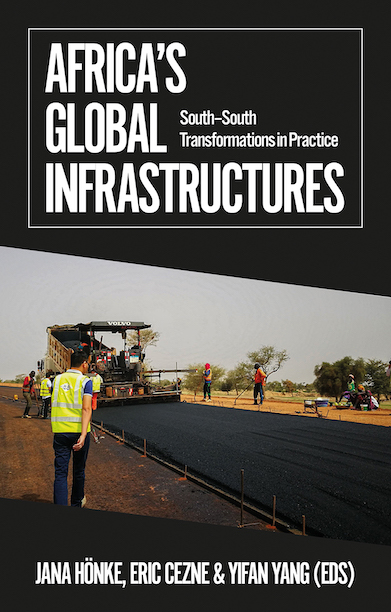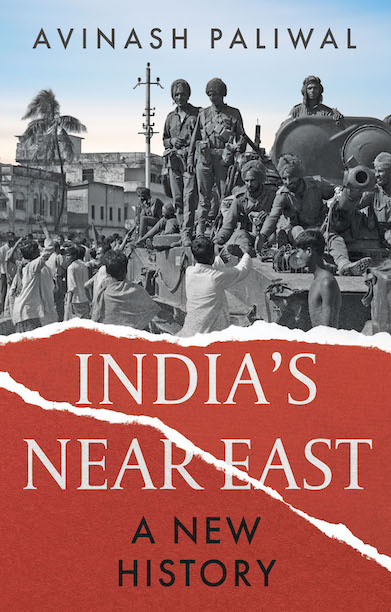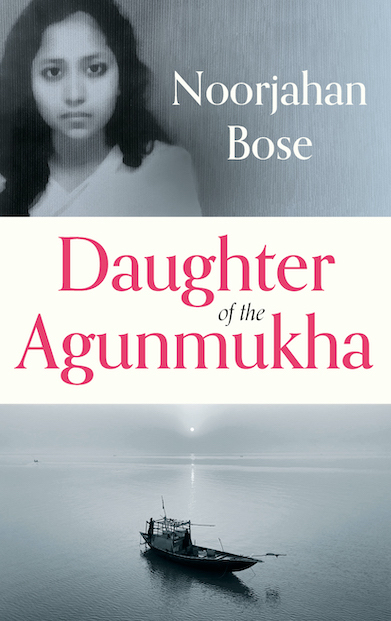Boundaries Undermined
The Ruins of Progress on the Bangladesh/India Border
Sheds light on the communities along the Bangladesh/India border that pay the highest price for the immediate need to develop.
Description
When anthropologist Delwar Hussain arrived in a remote coal mining village on the Bangladesh/India border to research the security fence India is building around its neighbour, he discovered more about the globalised world than he had expected. The present narrative of the Bangladesh/ India border is one of increasing violence. Not so long ago, it was the site of a monumental modernist master-plan, symbolic of a larger optimism which was to revolutionise post-colonial nations around the world. Today this vision and what it gave rise to lies in spectacular ruin; the innards of the decomposing industrial past are scattered across the borderlands. The dream of a top- down, organised state and society has been replaced by a vibrant, market determined, cross-border coal industry that has little respect for the past, people or the environment. In keeping with these changes, there are new opportunities and prospects too. Social and intimate lives have transformed in unexpected and hopeful ways. While the book explores the relationship between those with a vision for the future and those without, it ultimately seeks to shed light on the communities and places that pay the highest price for the present need to develop. By focusing on the peripheries, the book at once gets to the contradictions at the heart of the neoliberal condition.
Table of contents
Introduction: The Rise and Fall of Grand Master Plans
1. The Future that did not Happen
2. Everyday life at the Coalface
3. The Sexual Lives of Borderlanders
4. A State of Relief
5. Temples of Belief
Conclusion
Reviews
‘What do Bangladesh-India geopolitics, an 8 feet tall fence, cross-border coal mining, eunuchs, and neoliberalism have in common? In Boundaries Undermined: The Ruins of Progress on the Bangladesh-India Border, Delwar Hussain straddles these subjects deftly to weave a compelling story of the socio-economic transformations along the Bangladesh-India border.’ — LSE Review of Books
‘Hussain adds the skill of a journalist to his expert eye as an anthropologist.’—Asian Affairs
‘This rich and detailed account of the Bangladeshi-Indian borderlands addresses urgent questions concerning “development” and its failures, the uneven effects of industrialisation and the lived realities of geopolitics in South Asia. Delwar Hussain’s vivid prose makes the book an engrossing as well as an informative read.’ — Katy Gardner, Professor of Anthropology, University of Sussex, and author of Discordant Development: Global Capitalism and the Struggle for Connection in Bangladesh
‘In sum, this extremely well-written book, full of ethnographic insight, provides vivid details of the everyday of the borderlands as well as an extended perspective on the diffuse sites of borders, sexuality, labour, nation-building and contradictions inherent in the multiple constructions of development along them.’ —Contemporary South Asia
‘This book provides new insights for the ethnography of South Asia. It addresses the fate of public sector industries in the subcontinent, but more importantly it uses this situation to challenge key assumptions about the effects of neo-liberal policies of “liberalisation” in the region. It can make such a contribution because it places at its centre the experiences of hijras and practices of friendship between you, male Hindus and Muslims. Such a move is pioneering…’ — Laura Bear, Department of Anthropology, London School of Economics, and author of Lines of the Nation: Indian Railway Workers, Bureaucracy, and the Intimate Historical Self
‘Delwar Hussain has explored one of the still remote borderlands of the world; a place where marginality becomes central, and the periphery is at the heart of life. This was a line of partition between India and Pakistan; and when the former East Pakistan became independent, it divided India from Bangladesh. It was the site of a major limestone project, monument of post-colonial industrialisation, now abandoned and derelict. Today’s livelihoods depend on the cross-border coal trade, much of it illegal, between small-scale entrepreneurs, who employ ill-paid migrant labourers. Delwar Hussain, who writes with humane clarity, tells a compelling story of colonial memory, independence, decolonisation, and neo-liberalism, the ambiguous freedoms and mutating poverties of development.’ — Jeremy Seabrook, author of Freedom Unfinished: Fundamentalism and Popular Resistance in Bangladesh and Consuming Cultures: Globalization and Local Lives
‘Can Bangladesh join the modern world with its weakened governance,dysfunctional political system and uneven economic growth? [This] absorbing new book, Boundaries Undermined: The Ruins of Progress on the Bangladesh-India Border, seeks some answers in Bangladesh’s earliest attempt at modernization.’ — Pankaj Mishra, Bloomberg.com
Author(s)
Delwar Hussain is a writer and anthropologist focusing on the contemporary Indian Subcontinent. He was educated in London and Cambridge and has written on Bangladesh for The Guardian since 2009. Hussain is currently researching his next book, a social and cultural history of Dhaka.
